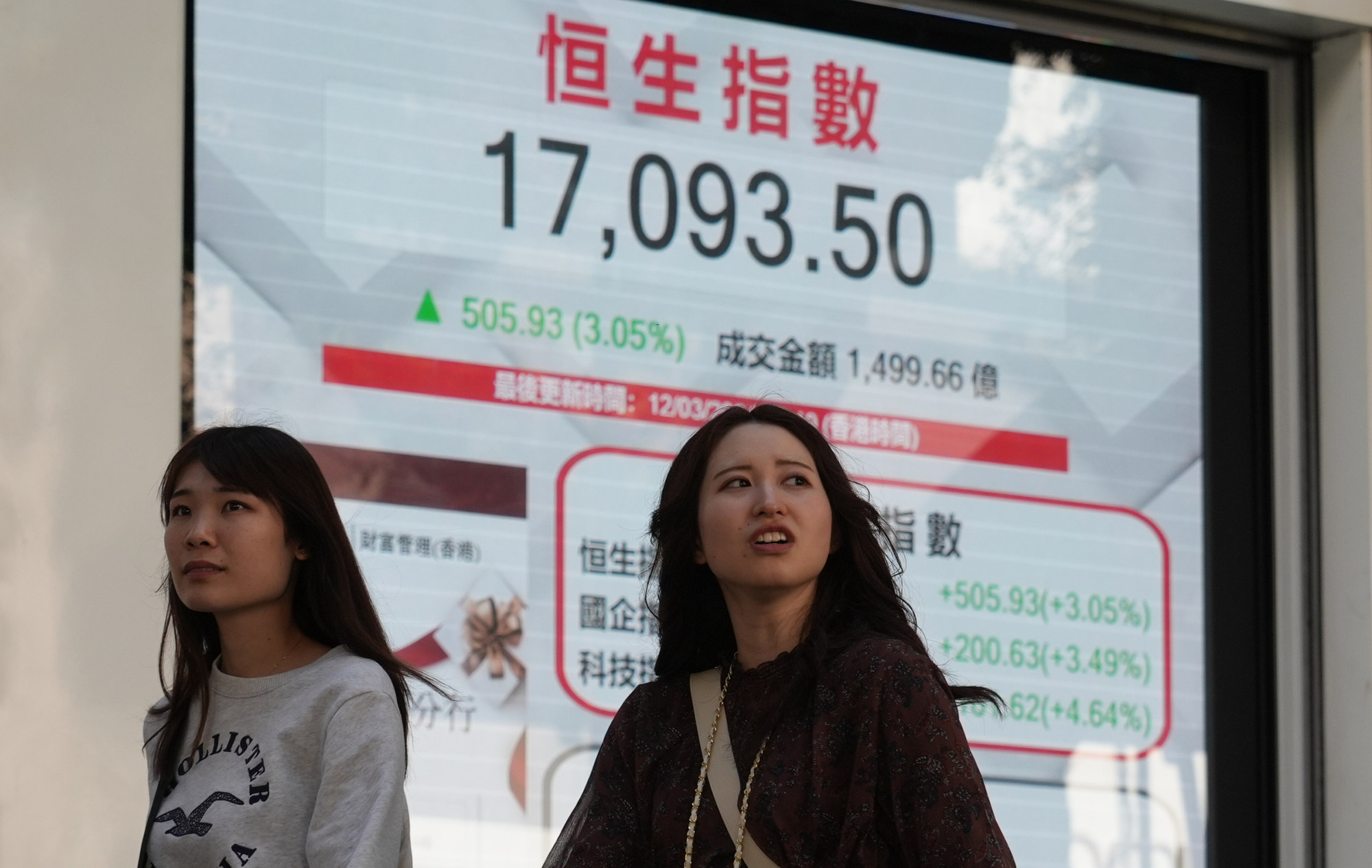It must be recognised, though, that reliving legacies is unrealistic. Some fundamentals have changed: the economy is ageing, the geopolitical climate is unfavourable and several advantages have been lost.
As a venue for risk diversification, Hong Kong became the preferred base for many companies’ regional headquarters and offices, and a talent hub. Its transshipment trade, logistics, shipping and aviation benefited from China’s emergence as the world’s largest factory and major market.
Asymmetries with the mainland – in wages, operating costs and market penetration – worked in Hong Kong’s favour when its goods and services as well as brands and cultural styles were sought after. Those were the heydays.
The economy is ageing, as is the city, which faces growing capacity constraints. Before, Hong Kong’s congestion and high costs of living and business might have seem justified by its geopolitical advantage, connectivity and abundant opportunities.
Competitiveness in a new context is key. There must be determination, not just by administrative fiat, but strong business incentives for economic upgrading aimed at high-end value-added production to take advantage of a better educated population, merit the cost structure and keep substitution in check.
China will remain a powerful economy and global player, but this does not ensure Hong Kong’s relevance unless it shakes itself up and shapes up. Its economic malaise is not cyclical but structural.

The new normal of geopolitical confrontation will stay. Hong Kong must be careful not to let reclusion creep in. Re-intermediation is the hardest part and hinges on whether China values the city as an outreach post and the West needs it as a connector to China. Even if the answers are yes, the past cannot be repeated.
To overcome adversity, Hong Kong should redouble efforts to reach out, especially through Track 2 diplomacy. It must make itself heard by the nation and the world. Government officials should learn to craft a narrative beyond what lines to take and shed the reluctance to engage with international critics and sceptics.

